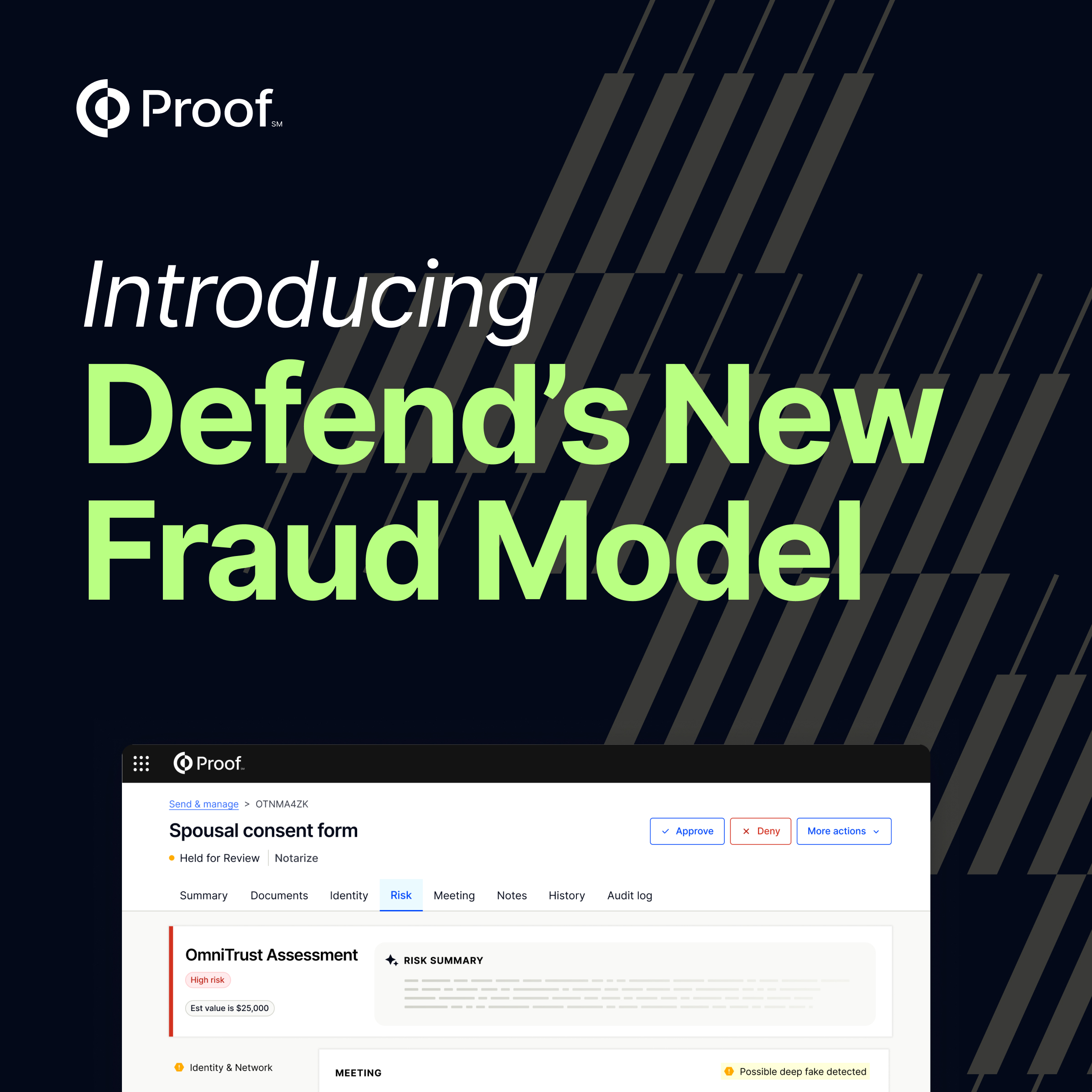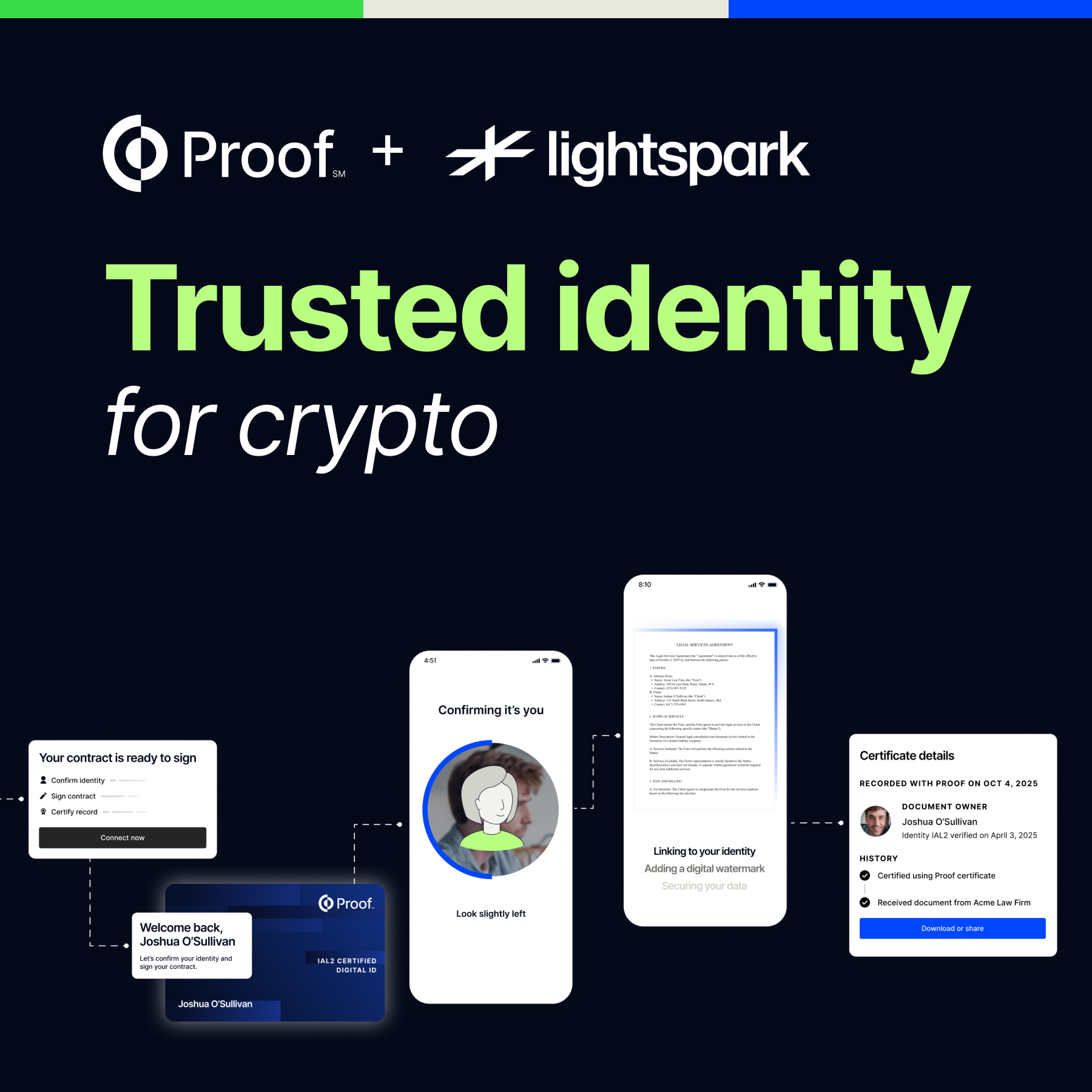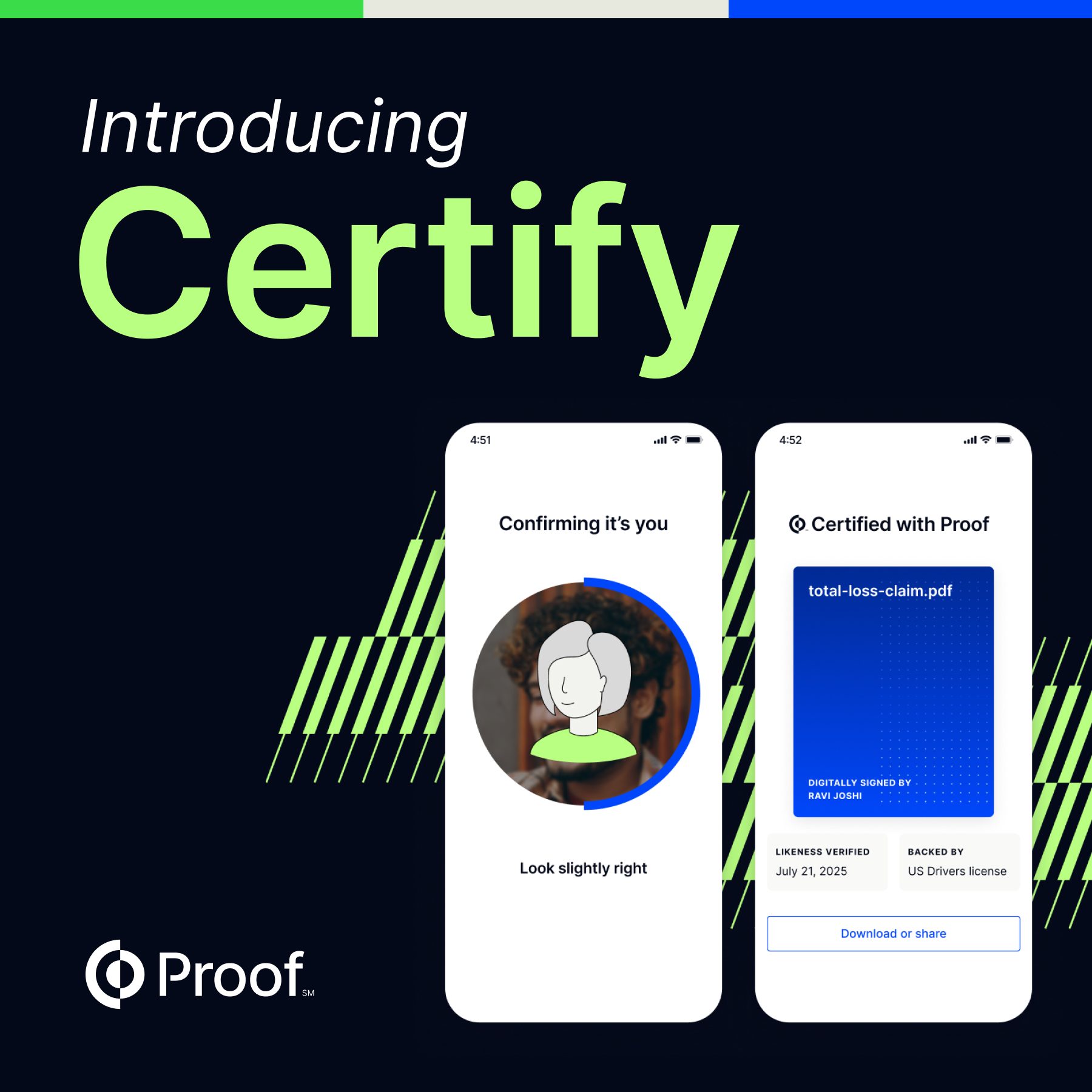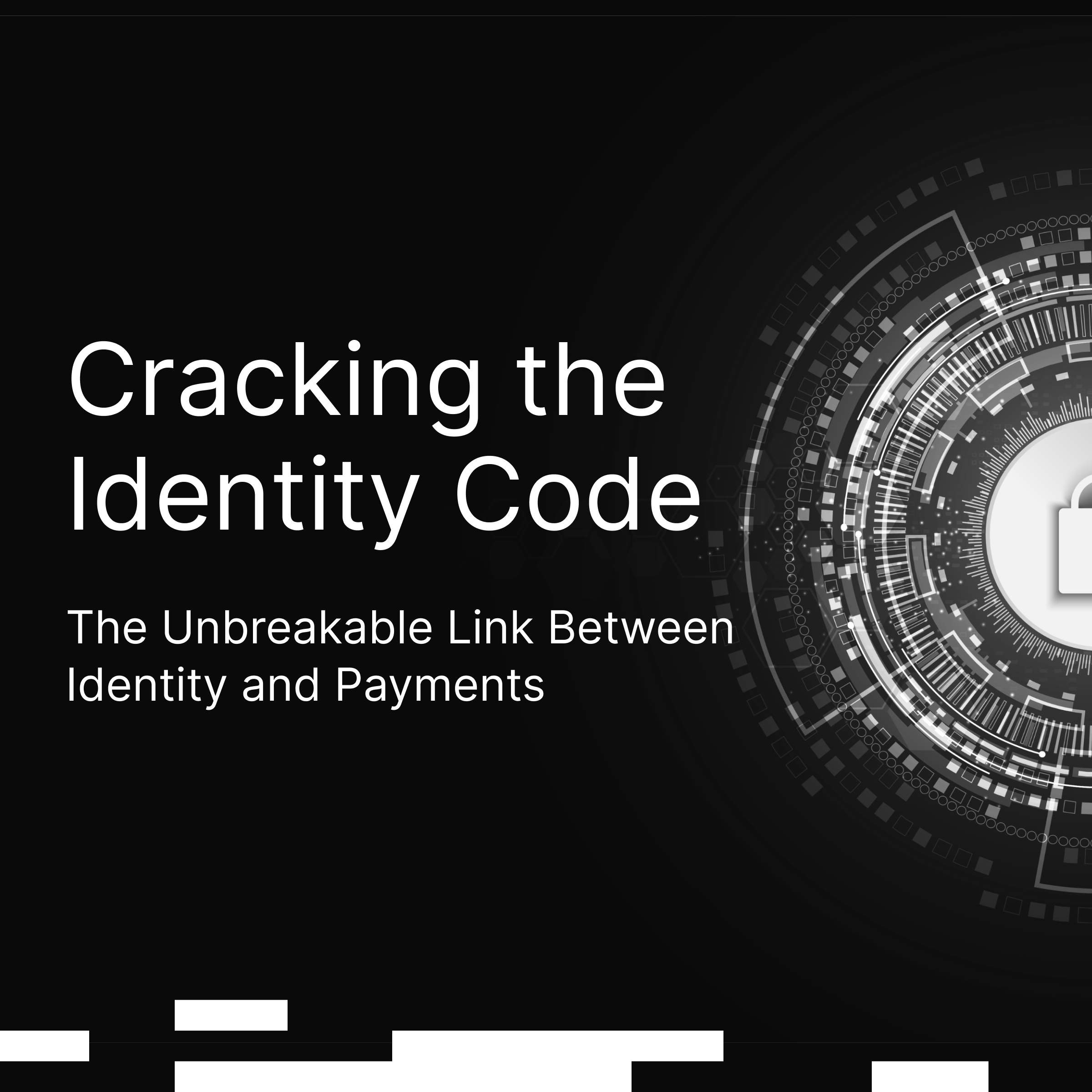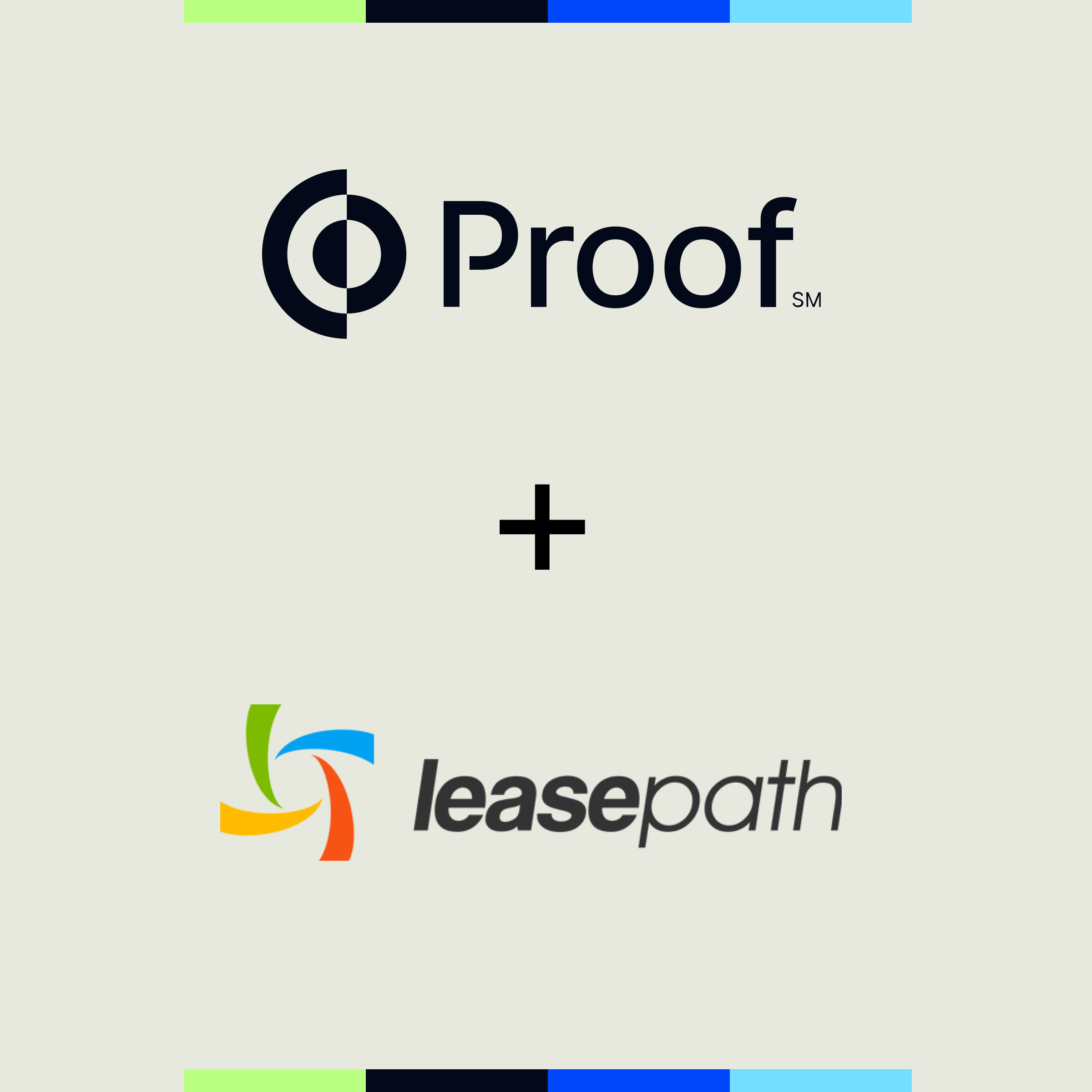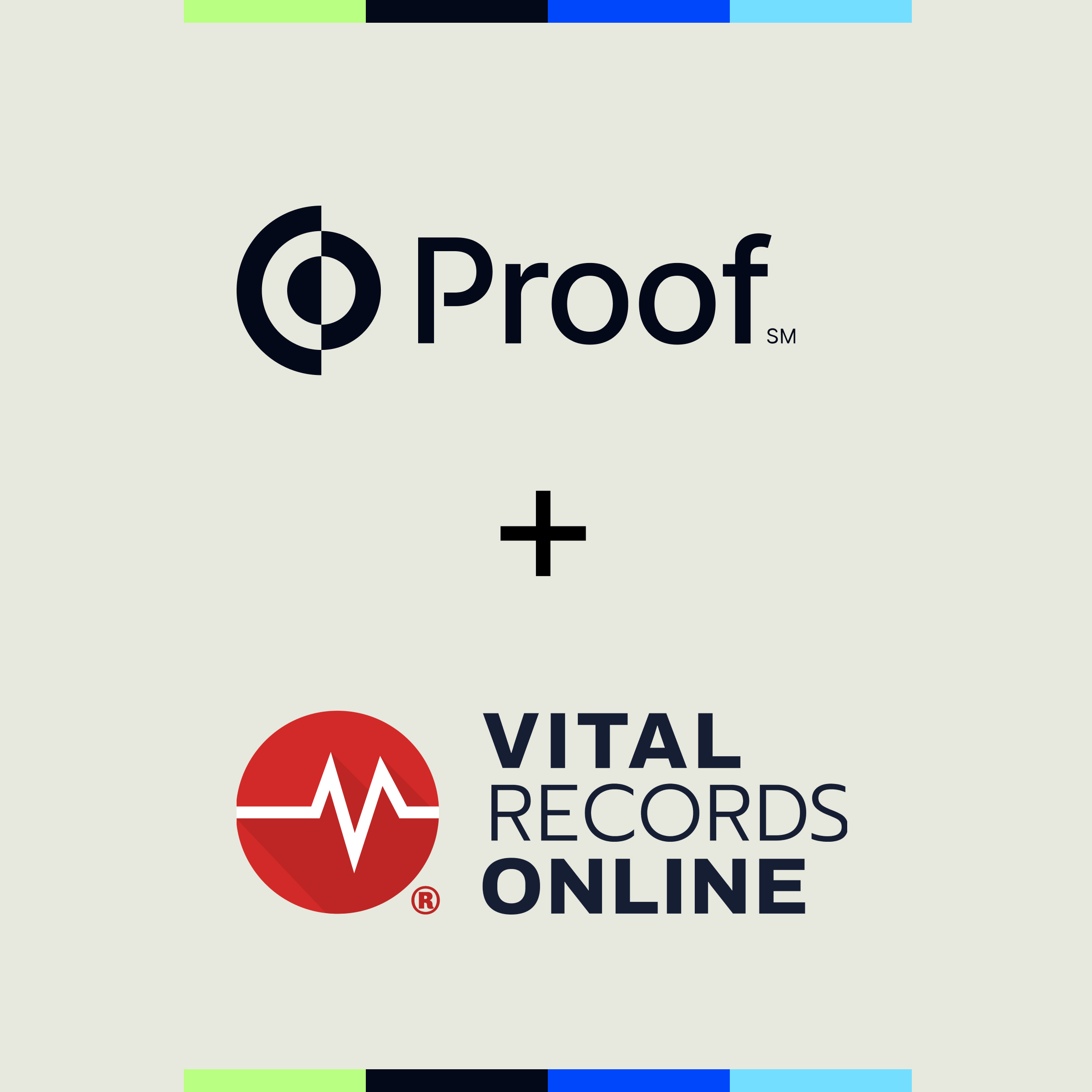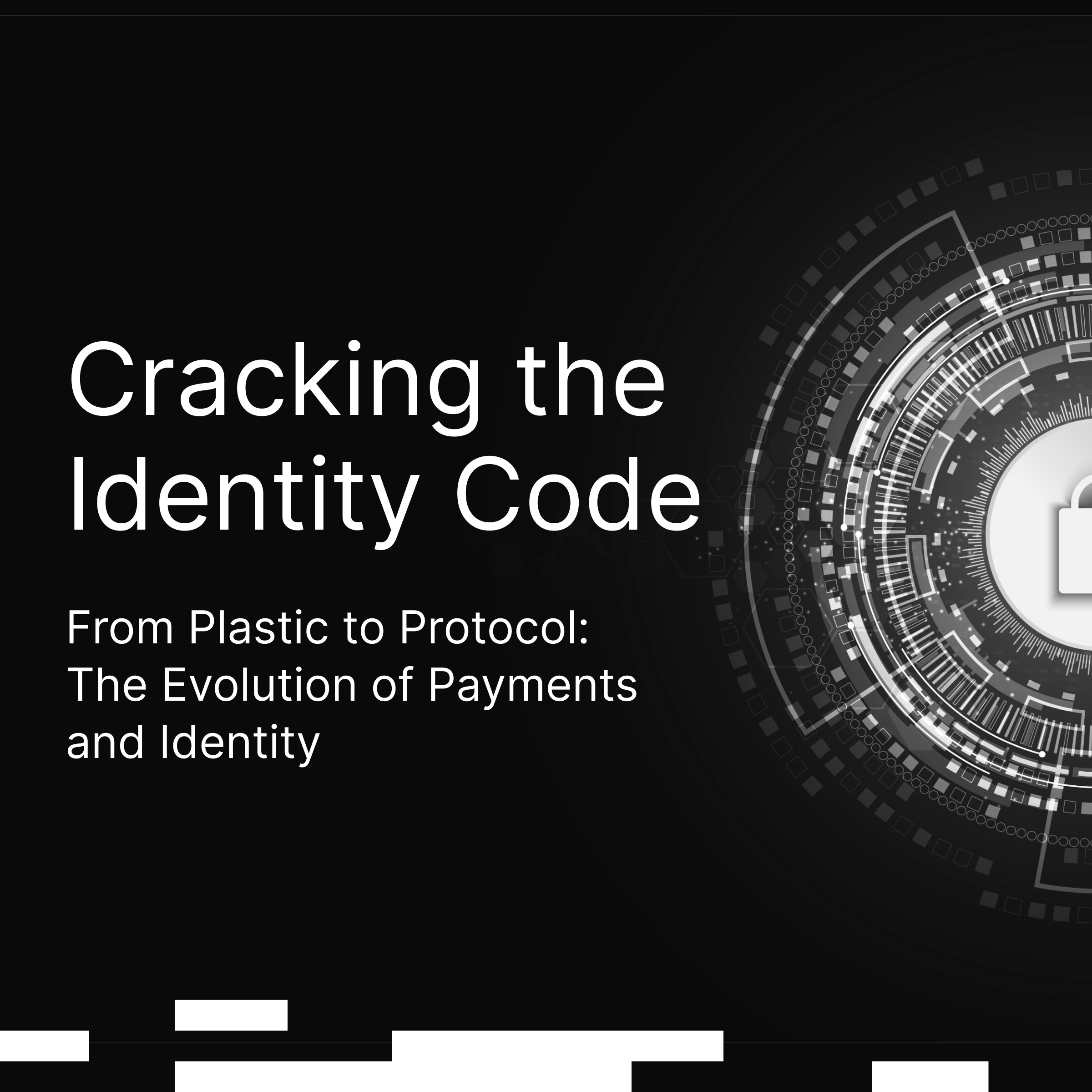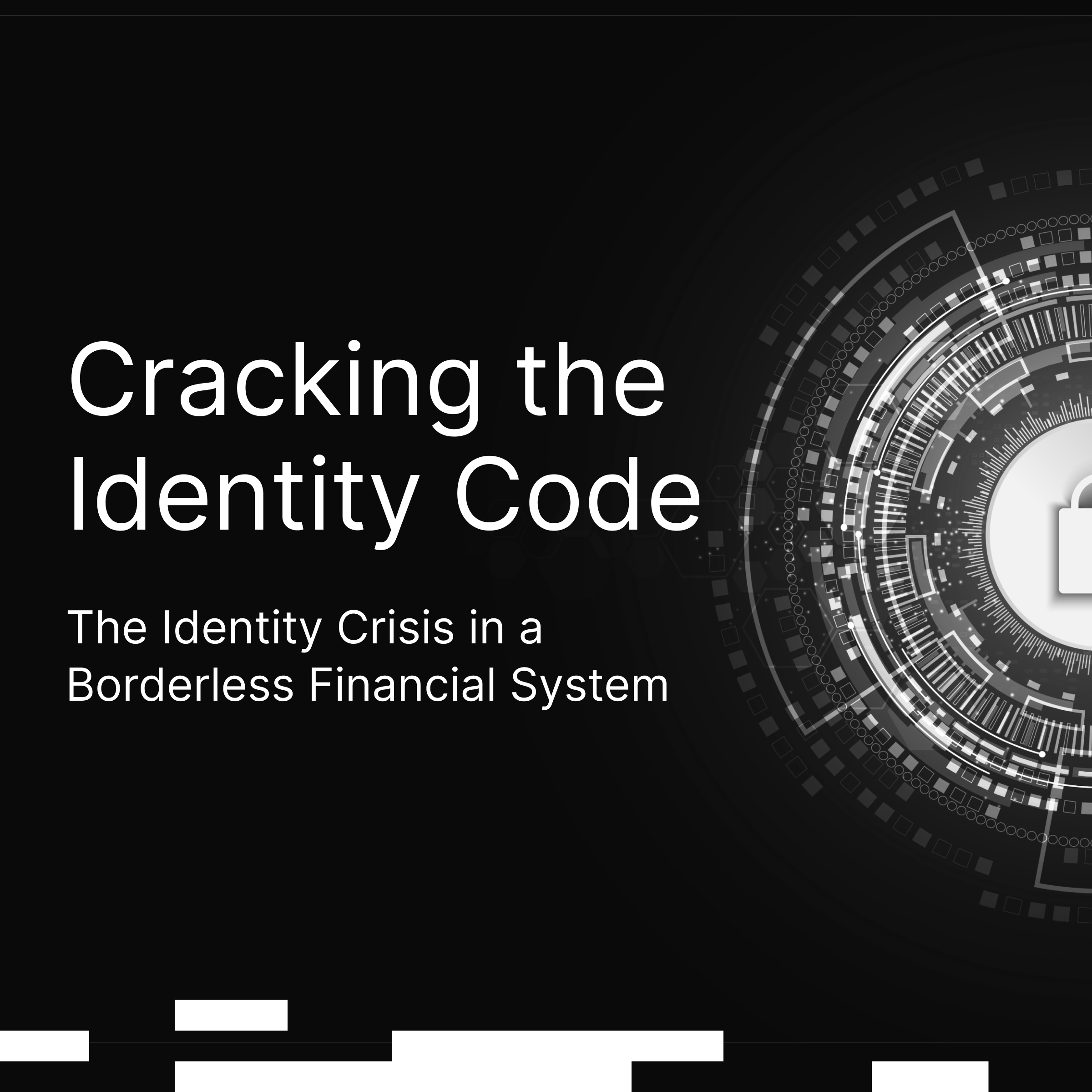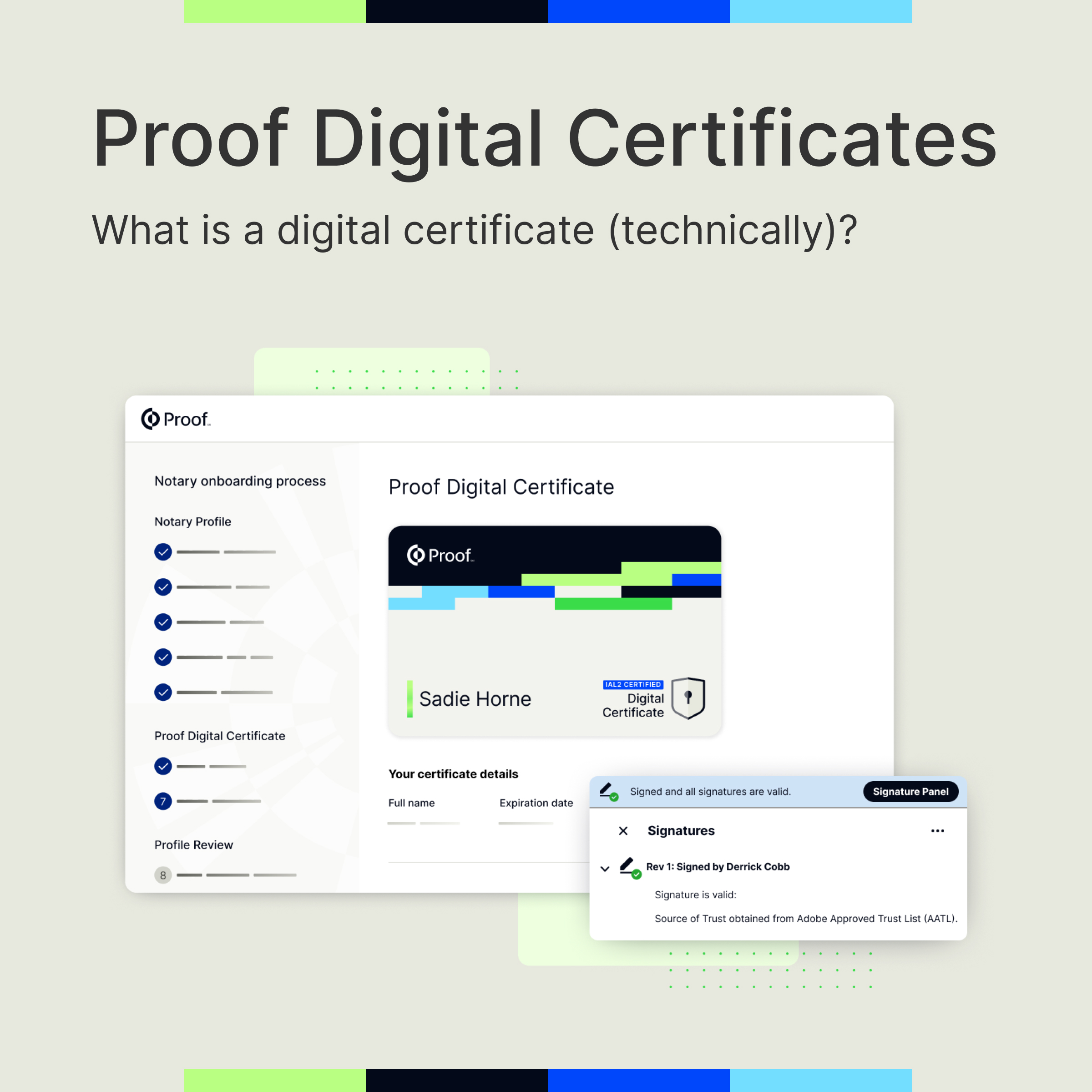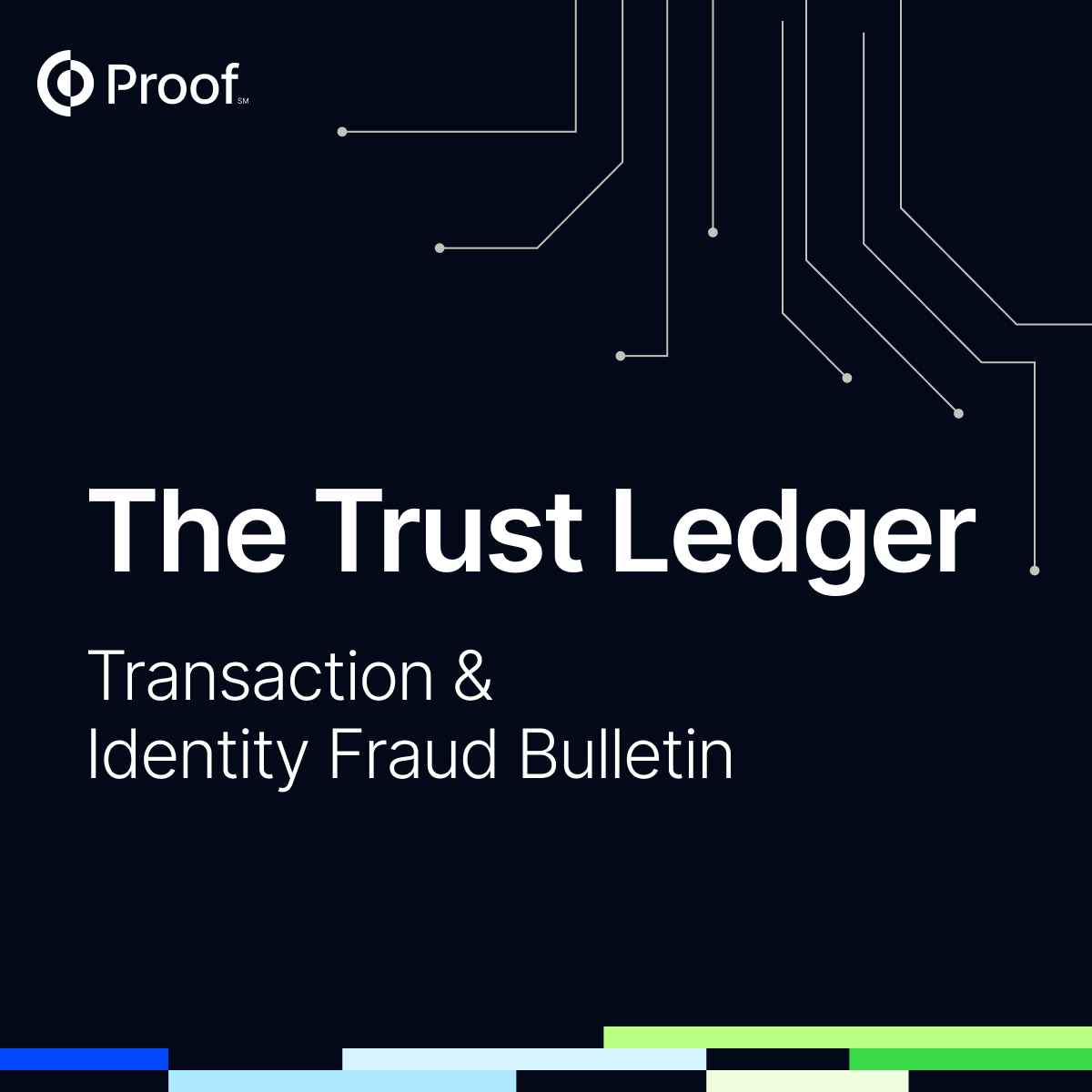How KYC Helps Prevent Insurance Fraud Cases

Insurance is built on trust. Whether it’s processing claims, underwriting policies, or managing payouts, insurers rely on honest disclosure to keep their businesses running smoothly. But what happens when dishonest practices threaten the system? Enter Electronic Know Your Customer (EKYC), a game-changing process leveraging technology to prevent the pervasive issue of insurance fraud.
Insurance fraud costs the U.S. over $80 billion annually, according to the FBI. Fake claims, identity theft, and forged documents are wreaking havoc on an industry already facing high costs. However, KYC isn’t just about compliance; it’s about empowering insurers to safeguard their operations, provide better customer service, and foster genuine trust with clients.
This blog explores how KYC combats insurance fraud cases, its practical applications across workflows, and how Proof sets insurers up for success.
What Is Electronic Know Your Customer in Insurance?
EKYC, or “Electronic Know Your Customer” (sometimes shortened to KYC) is the process of verifying a customer’s identity and understanding their financial behavior to prevent fraudulent activities. For insurers, this means validating personal data, cross-checking information against national databases, and monitoring for red flags across the insurance lifecycle—from policy issuance to claims settlement. Take insurance cards, for example: they’re easy to fabricate, yet still often trusted at face value. That’s why insurers need to implement multi-point identity and document checks—not rely solely on any one credential.
By integrating advanced technology, insurers can streamline EKYC processes, making fraud prevention faster and easier without compromising user experience.
The Role of EKYC in Preventing Insurance Fraud Cases
With increasing digital transactions and customer interactions occurring online, implementing robust EKYC systems has never been more critical. Let’s take a closer look at how EKYC cracks down on different types of insurance fraud.
Combatting Identity Theft
Identity theft is one of the most common ways fraudsters exploit insurance policies. Fraudsters often use stolen personal details to claim benefits they’re not entitled to. EKYC measures like biometric verification, document authentication, and database cross-referencing can ensure the individual interacting with the insurer is who they claim to be.
Stopping Policy Misrepresentation
Many insurance fraud cases stem from applicants providing false information on insurance policies to reduce premiums. For instance, an individual might underreport their health risks or claim to reside in a lower-risk area. EKYC uses AI-driven analysis and data enrichment to catch inconsistencies in customer disclosures, ensuring policies accurately reflect the risk.
Detecting Fake Claims
Fraudulent claims—including falsified accident reports or inflated repair bills—account for a significant chunk of insurance fraud. With EKYC, insurers can match claim details against historical data and external reports, helping identify red flags before payouts are made.
Verifying Agent Integrity
Insurance fraud isn’t always committed by customers; some agents may manipulate data or forge signatures to earn commissions. EKYC protocols help insurers verify that agents operate within ethical and legal boundaries by ensuring transparency and accountability in every transaction.
Preventing Account Takeover Fraud
Cybercriminals often target insurance accounts for their sensitive financial data. EKYC tools act as a frontline defense, requiring step-up authentication measures like multi-factor authentication (MFA) or live identity verifications for potentially compromised accounts.
Why Proof Is the Best Partner for EKYC Implementation
Insurers need a tech-driven solution that simplifies EKYC processes while maintaining the highest standards of security and compliance. That’s where Proof comes in. With its advanced platform, Proof centralizes and automates every aspect of EKYC, from identity verification to regulatory adherence.
Advanced Identity Verification
Proof offers IA Level-2 (IAL2) compliance, a federal standard for remote identity proofing that ensures buyers, claimants, and agents are exactly who they say they are. Using biometric authentication, live-agent verification, and tamper-proof document authentication, Proof removes the guesswork from verifying identities.
Fraud Detection at Scale
Proof’s fraud prevention tools use AI-powered algorithms to analyze patterns, detect anomalies, and flag suspicious transactions in real-time. This helps insurers stay one step ahead of fraudsters—even the highly sophisticated ones.
Seamless Digital Integration
Proof is designed for scalability, offering no-code and low-code deployment options. This ensures that insurers can upgrade systems and launch KYC processes without waiting months or exhausting IT resources.
Tamper-Proof Audit Trails
Every action performed on Proof’s platform is logged in secure, timestamped audit trails, enabling insurers to track the entire lifecycle of a transaction. From who accessed an account to what data was updated, these detailed records provide legal and regulatory peace of mind.
Streamlined Document Collection
Proof eliminates bottlenecks with integrated e-signature and online notarization services, ensuring contracts, policy updates, or claims documents are processed with speed and compliance in mind. Customers can sign and verify documents from any device, anywhere.
Enhanced Customer Experience
Fraud-prevention tools shouldn’t come at the expense of customer satisfaction. Proof makes complex processes (like KYC or notarization) simple and accessible on any device. If a customer has trouble verifying their identity, Proof’s friendly Trusted Referee Network seamlessly steps in to resolve issues in real-time.
Proven Success in Insurance
Proof is trusted by leaders in the insurance industry, including USAA, Root Insurance, and Liberty Mutual. One auto insurance carrier reported $100M in annual savings after integrating Proof into its KYC and documentation workflows.
What’s Next for Insurers?
The future of insurance lies in building trust with enhanced digital solutions. By prioritizing KYC processes, insurers not only comply with evolving regulations but also safeguard their businesses, reduce losses, and elevate customer satisfaction.
For those ready to take the next step, Proof’s platform offers everything you need for integrated KYC compliance, identity assurance, and fraud prevention. Check out our solutions for insurance and see how Proof can help you redefine security for your customers.











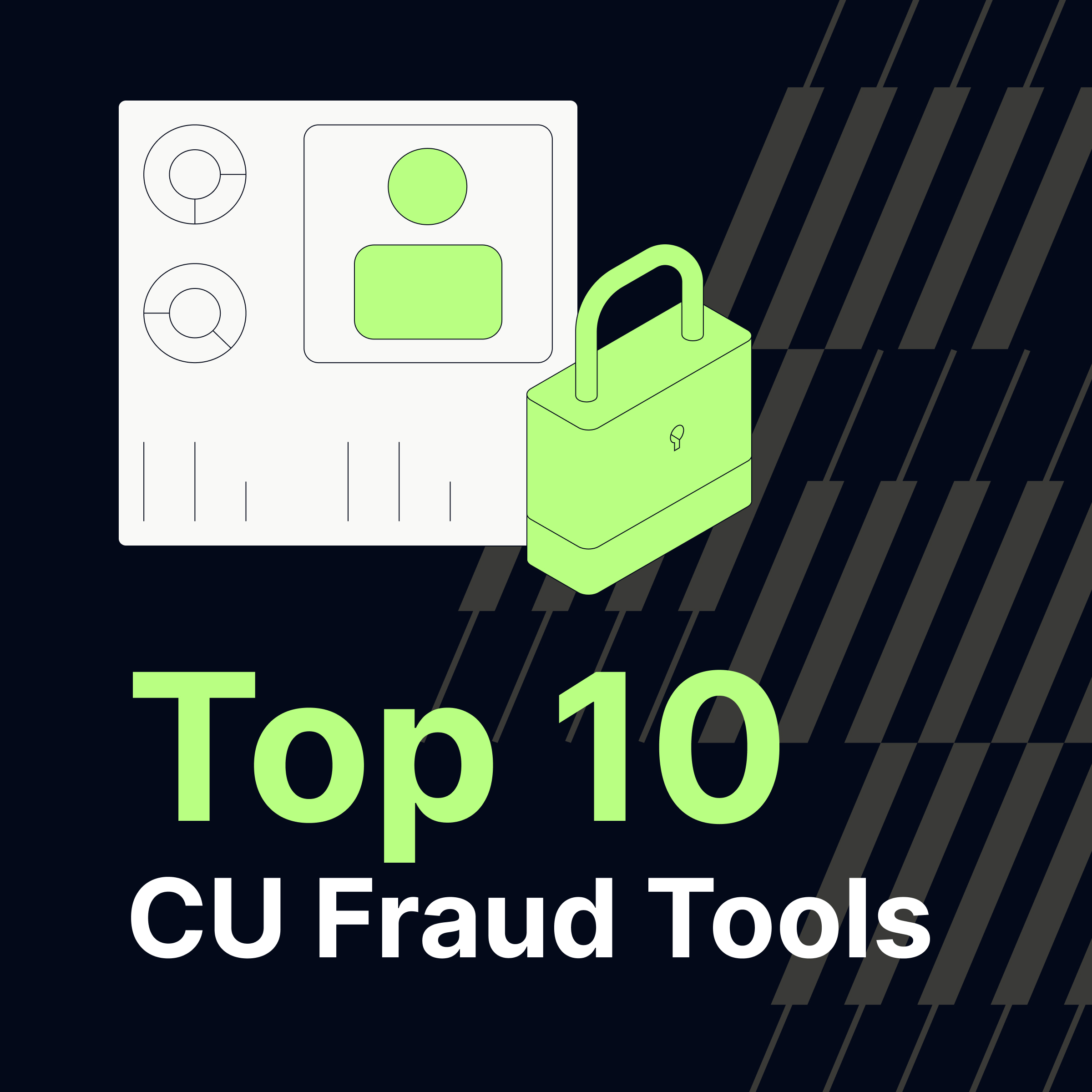

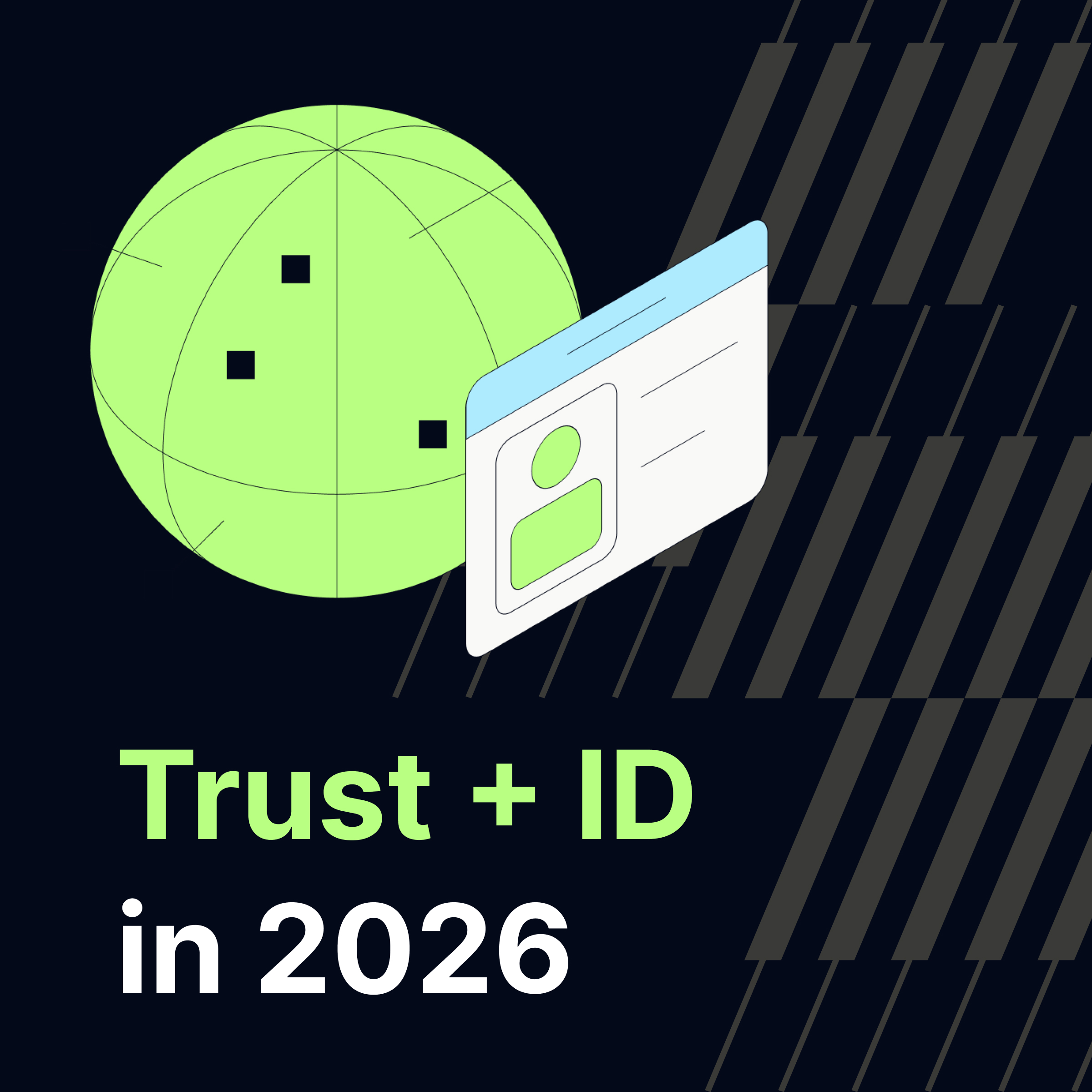

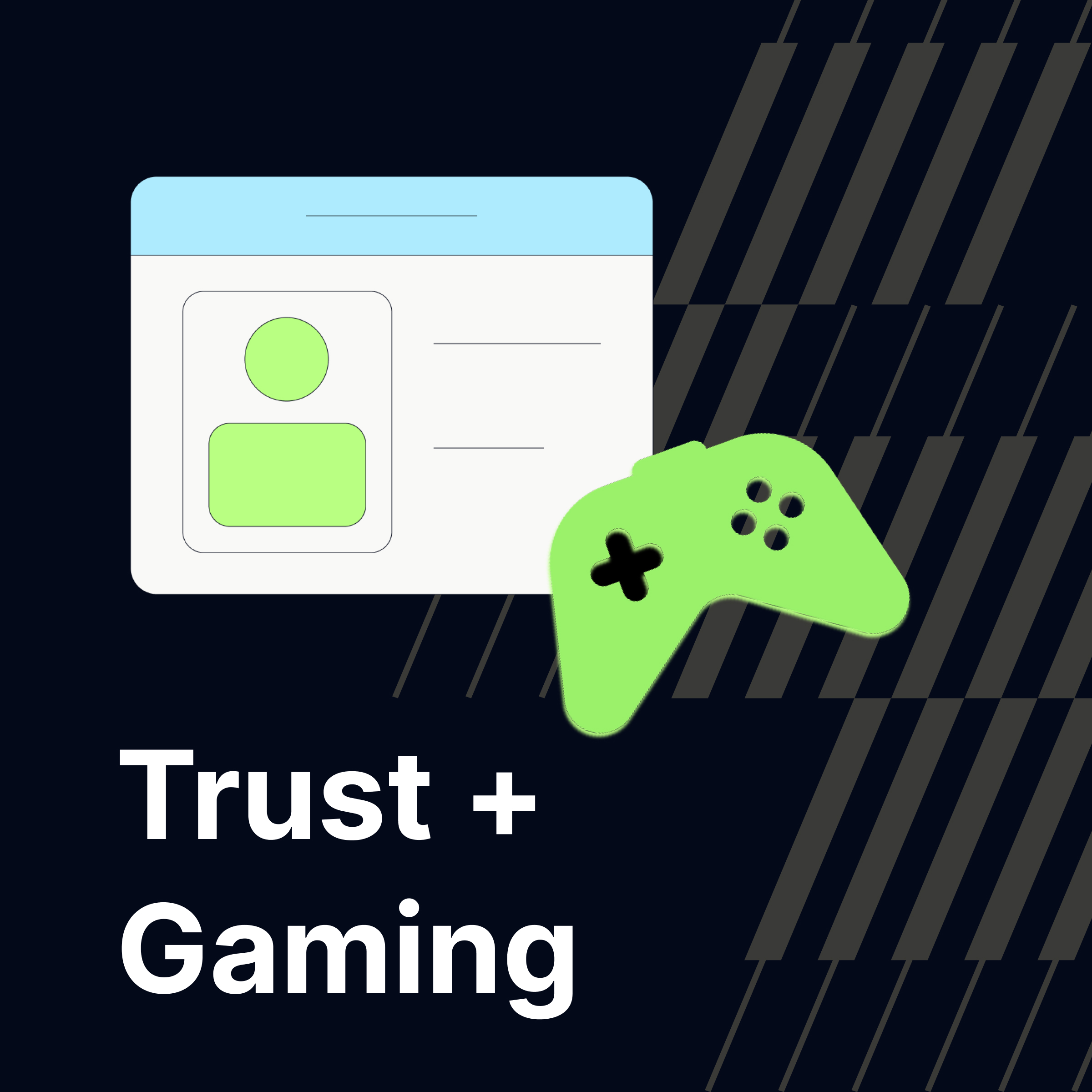

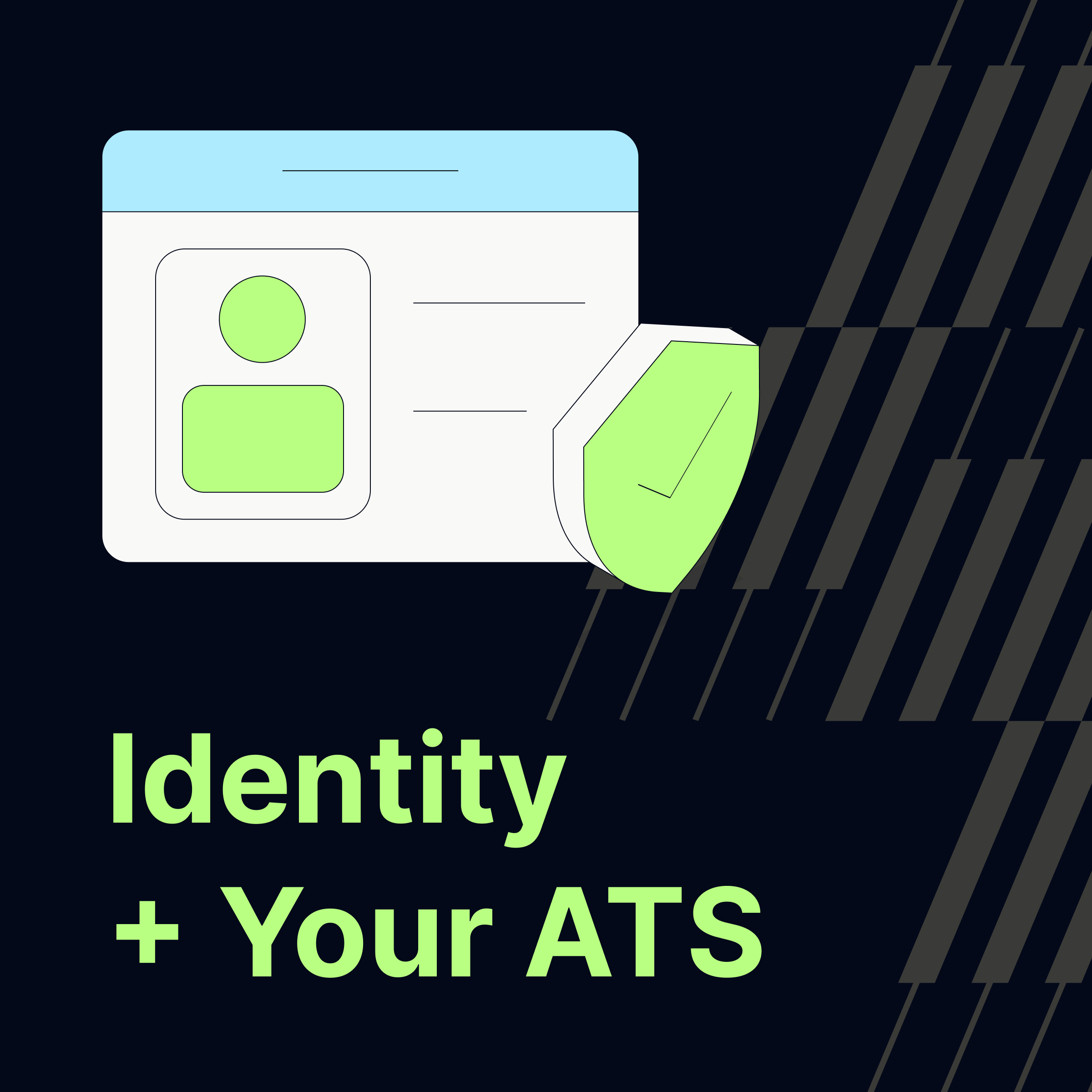

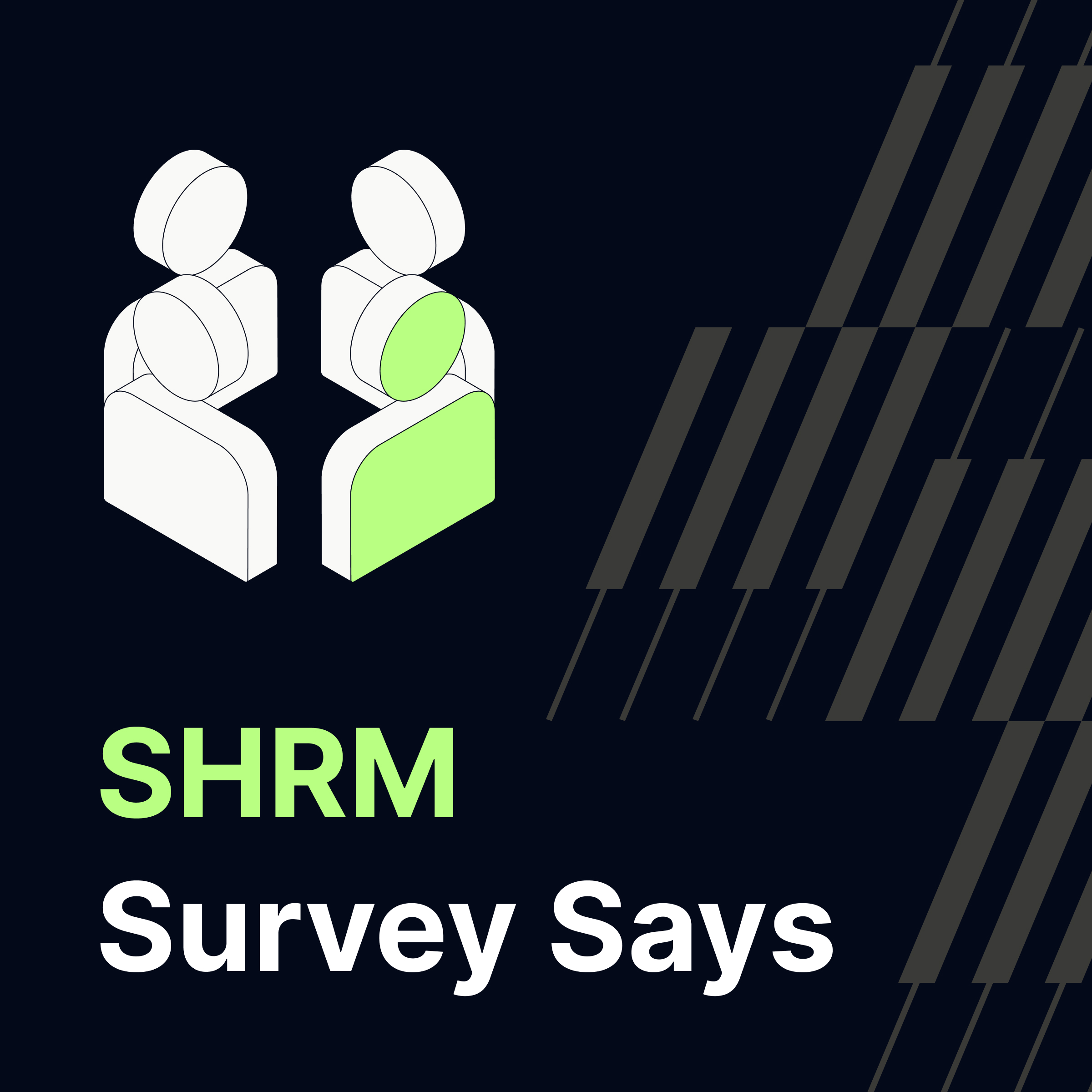
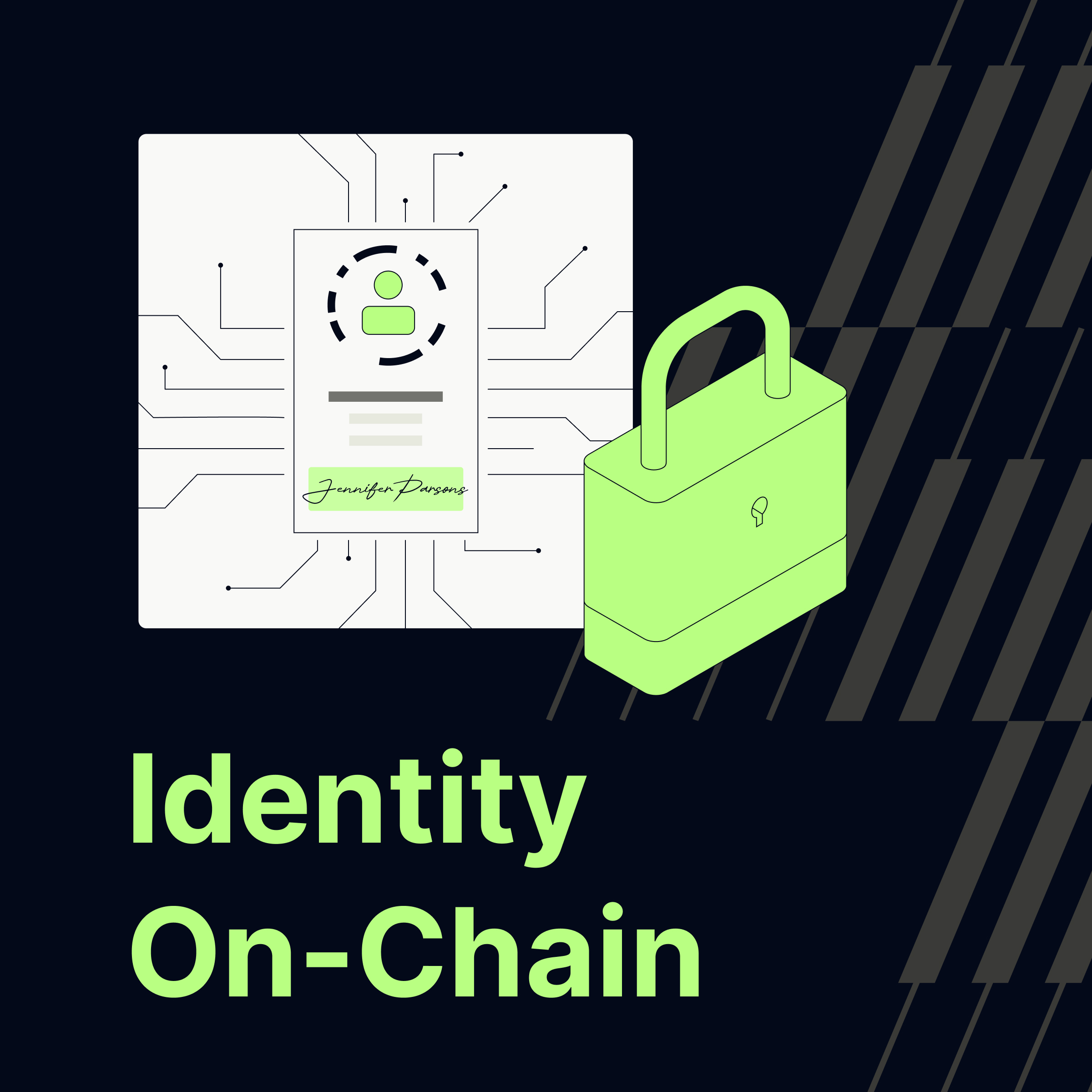

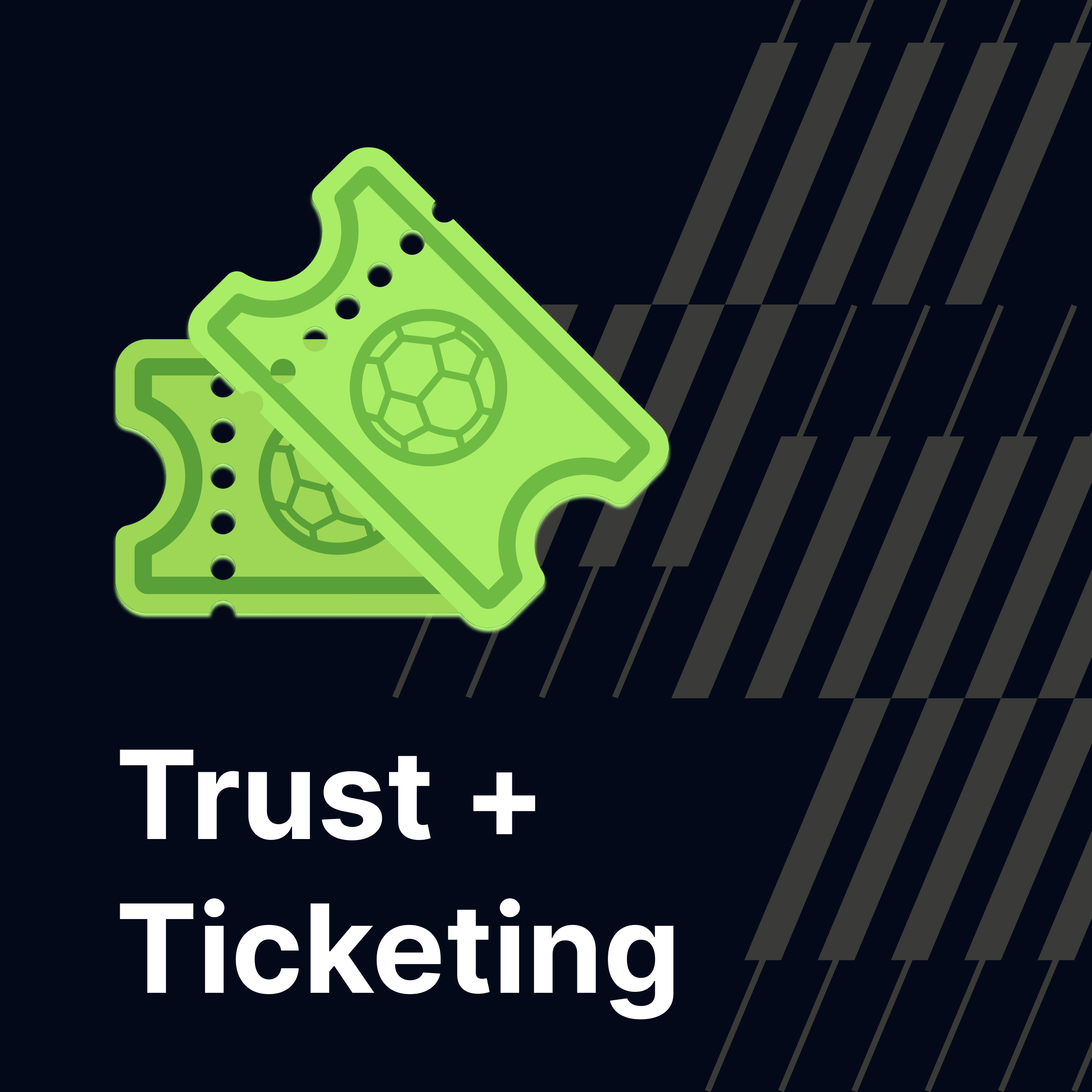
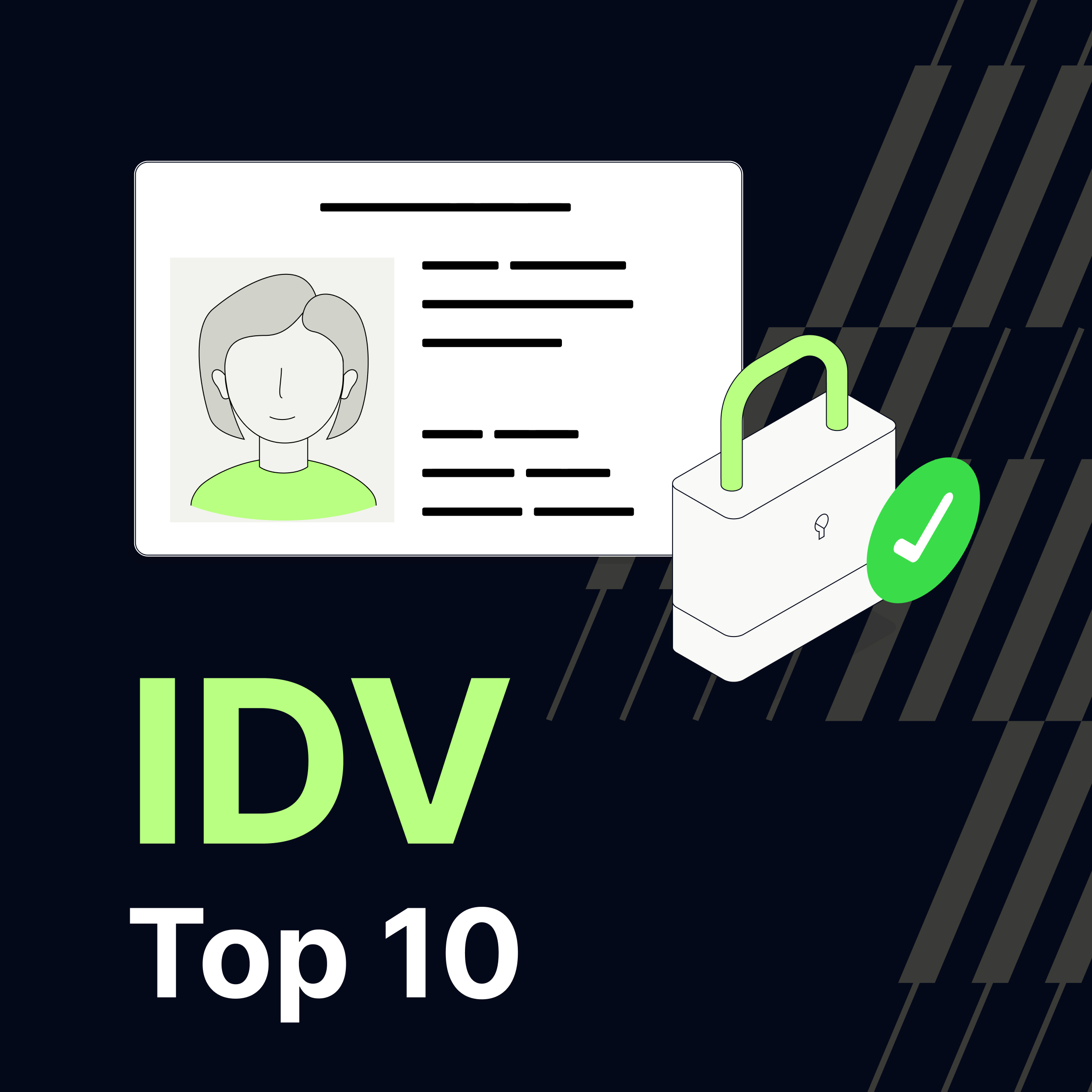





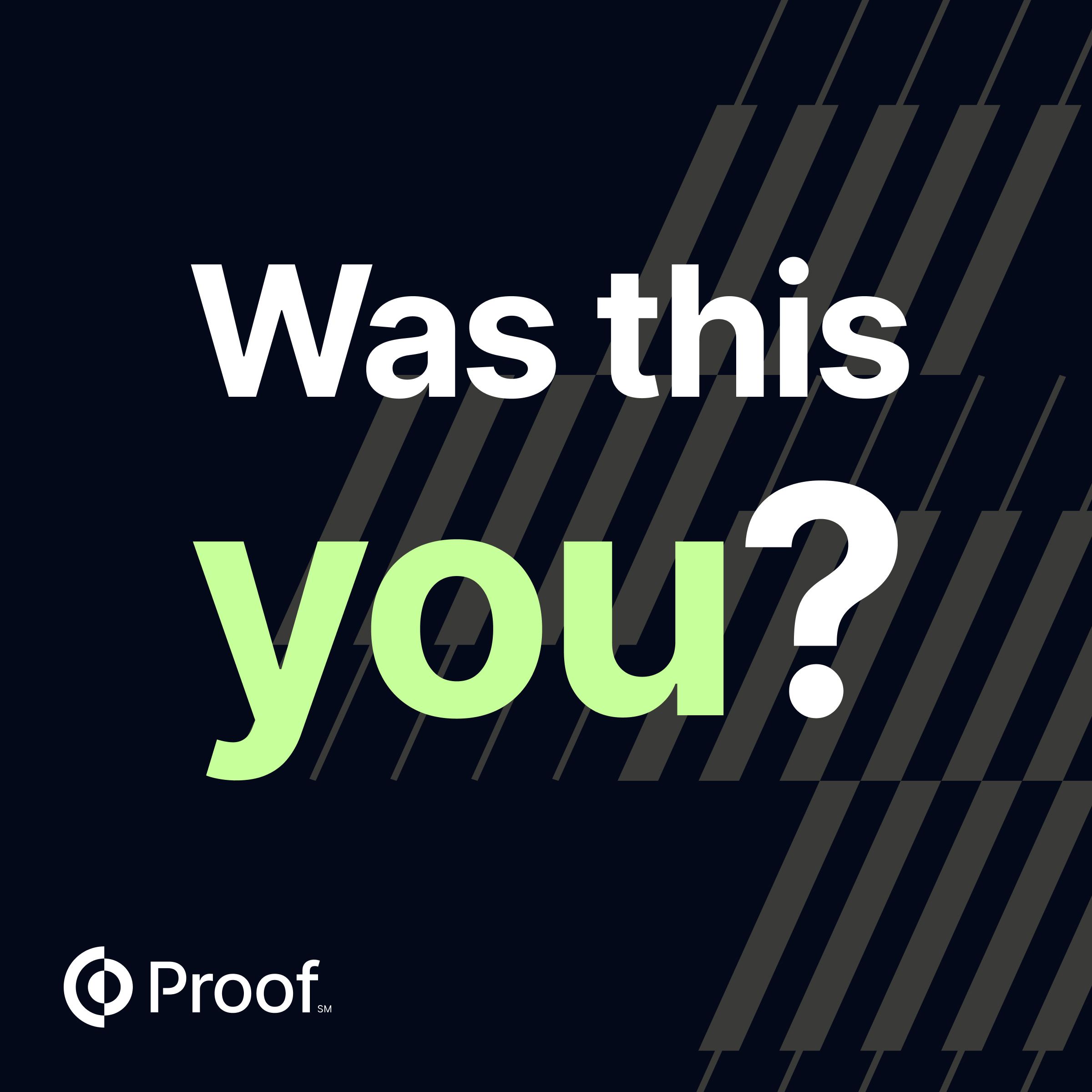
































.png)


.jpg)
